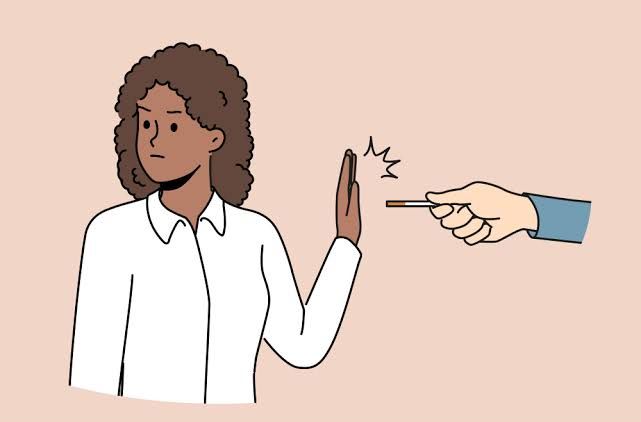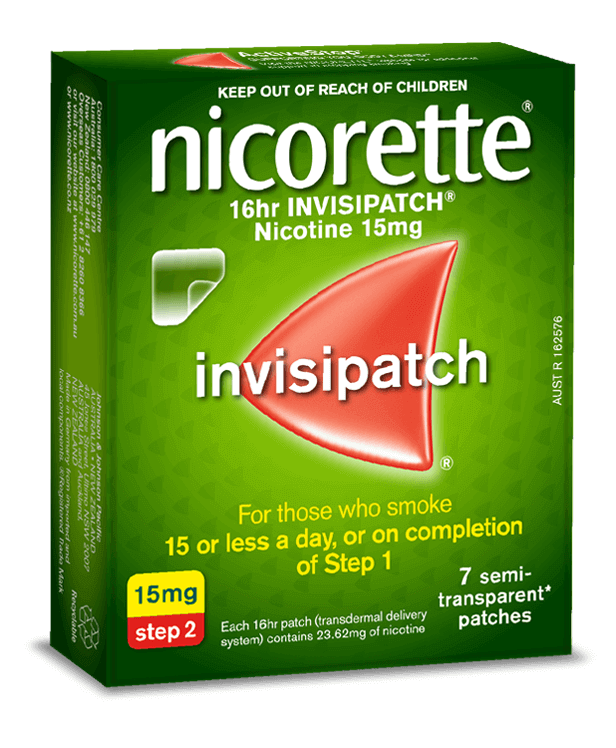Health Watch: Quitting Smoking
Challenges in life come in different forms, and one of these forms is addiction. Getting used to a habit that you know is bad for your well-being but you just can’t seem to stop, and one of them is smoking.
Quitting smoking is one of the most significant steps to improve your overall health and well-being. Smoking does a lot of damage to nearly every organ in the body, with the lungs being particularly vulnerable. However, the benefits of quitting are numerous, and they begin right from the moment you genuinely quit. Here are proven methods to quit smoking and help your lungs recover.

Tips on Beginning Your Quitting Journey
Choose a date to start your quitting journey.
It’s been advised to choose two weeks to stop smoking. This gives you enough time to prepare but isn’t so far away that you might lose motivation. One mistake people make is thinking quitting stops suddenly, but it starts in the mind.

Identify Triggers
At this point, you have to recognise the times, places, and situations where you are most likely to smoke. While preparing for your quit date, take some time to find out what triggers you to smoke and how to avoid these triggers or find healthier alternatives. Knowing what triggers your urges helps you know what you are dealing with and how to go about it.

Medications
Nicotine Replacement Therapy (NRT) offers products such as patches, gum, lozenges, nasal sprays, and inhalers that can help reduce withdrawal symptoms by providing a low level of nicotine without the harmful chemicals found in tobacco smoke.
Other medications, such as bupropion (Zyban) and varenicline (Chantix), can help reduce cravings and withdrawal symptoms. However, it is paramount that you consult your healthcare provider to determine if these options are right for you. Sometimes, individual biological differences could hinder progress.

Attaining Healthier Lungs
Exercise Regularly
Cardiovascular exercises like walking, running, and swimming are ideal options to improve lung capacity and overall lung function. Aiming for at least 150 minutes of moderate-intensity exercise per week is a good start to your exercise routine, but you will need to progress from that point as time goes on.

Regular Check-Ups
An essential part of getting your health back is scheduling regular visits with your healthcare provider to monitor your lung health and address any issues early on. This way, you give feedback on what a certain medication has been like and if there needs to be some changes in your prescription. Do not self-diagnose, as this is dangerous when you don’t know what you are dealing with. By having regular check-ups, you get to keep track of your personal progress.

Smoking has more negative health effects than whatever benefit one may think it gives them. Consulting with your physician or seeking the support of a loved one is important while going through your quitting journey.






